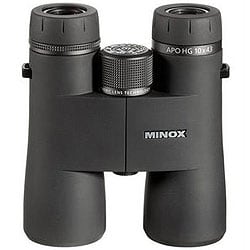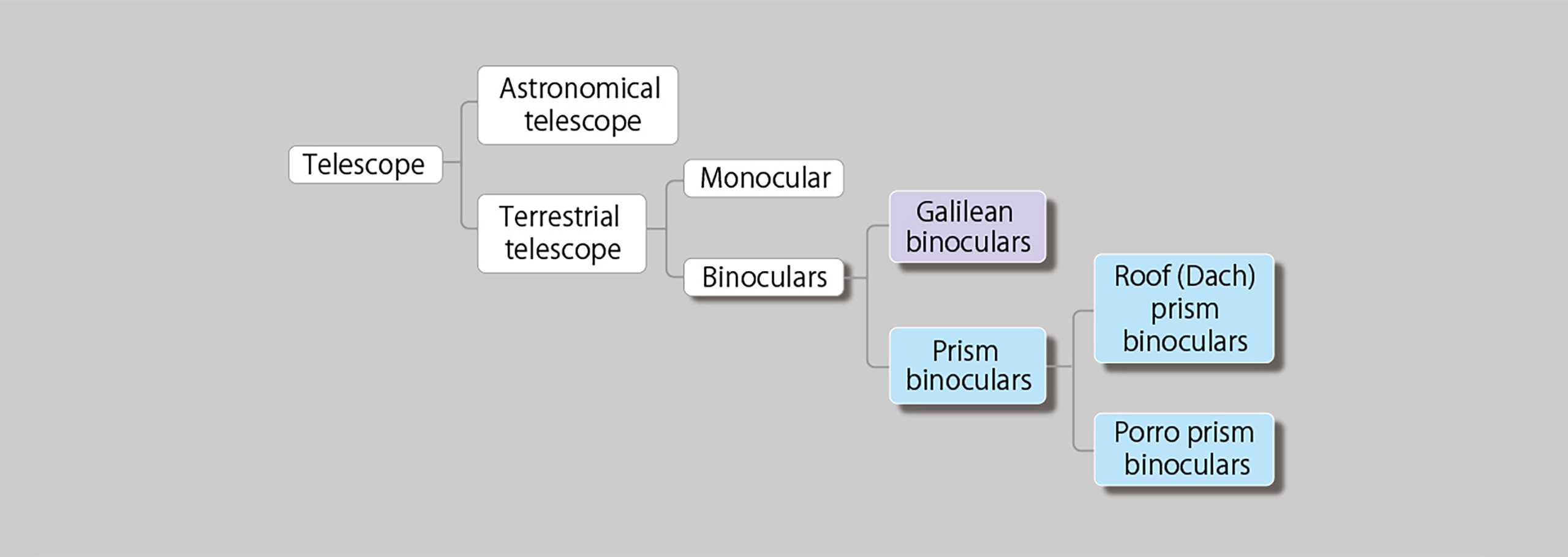The Importance of Field Glasses in Education And Learning and Scientific Research Study: How These Optical Instruments Contribute to Understanding and Exploration
The integration of field glasses into educational settings and scientific research is often overlooked, yet their contribution to enhancing observational abilities is significant. These tools bridge the space between theoretical principles and useful application, permitting trainees and scientists alike to engage with their atmospheres in a tangible way. In disciplines varying from environmental scientific research to astronomy, binoculars offer as vital tools that advertise questions and critical thinking. The wider ramifications of these optical devices on learning results and clinical expedition warrant additionally evaluation, especially as we consider their potential in forming future scientific ventures.
Enhancing Observational Skills
In academic and research study settings, making use of binoculars substantially boosts empirical abilities amongst trainees and experts alike. These optical tools promote a much deeper understanding of far-off subjects, allowing users to observe details that would certainly otherwise remain undetected. By using field glasses, learners can analyze wildlife, expensive phenomena, and geological formations, fostering a much more profound connection to the subject matter.
Field glasses work as vital devices in area research studies, encouraging pupils to involve actively with their environment. Via enhanced monitoring, they can gather information much more efficiently, leading to enhanced logical abilities. This hands-on experience enables the growth of critical reasoning, as trainees should interpret what they see and connect it to theoretical knowledge.

Bridging Theory and Technique
Observational abilities developed with making use of field glasses naturally cause a more profound combination of theoretical understanding with functional application. By engaging in straight observation, learners can transform abstract concepts into concrete experiences. This harmony promotes a much deeper understanding of clinical principles as trainees attach theoretical frameworks with real-world phenomena.
As an example, when examining bird biology, pupils can use their knowledge of bird composition and actions through the lens of binoculars, observing traits such as plumage variant, feeding routines, and migratory patterns. This straight interaction not only reinforces theoretical ideas but likewise grows important reasoning and logical abilities.
In addition, using field glasses urges learners to create hypotheses based on their monitorings, therefore enhancing their clinical questions skills. They can actively examine these hypotheses in the area, resulting in a much more experiential discovering environment that advertises curiosity and expedition.
Basically, binoculars act as an essential device in linking the space between class learning and fieldwork - Binoculars. They encourage pupils to come to be energetic individuals in their education and learning, motivating an alternative strategy to understanding the environment and its complexities. Therefore, the combination of concept and method is essential for fostering educated and involved students
Applications in Environmental Scientific Research
Using binoculars in ecological science improves the capacity to observe and evaluate ecological communities with better precision. These optical instruments are crucial for carrying out field studies, making it possible for scientists to check wild animals populations, analyze plant wellness, and examine habitat problems without disturbing the all-natural setting. Field glasses help with the recognition of species at different ranges, permitting researchers to collect critical data on biodiversity and behavior.
In environmental study, field glasses are crucial devices for ornithologists researching avian habits and movement patterns. They make it possible for researchers to videotape website here observations over long periods, adding to valuable longitudinal research studies - Binoculars. Additionally, binoculars play a crucial function in habitat assessments, as they enable for the in-depth monitoring of plant neighborhoods and their interactions within ecological communities
Ecological educators likewise profit from binoculars, as these instruments improve experiential learning possibilities. Trainees can engage straight with their surroundings, cultivating a much deeper gratitude for ecological systems. By integrating field glasses right into curricula, instructors can motivate the future generation of environmental scientists.
Role in Astronomy Education And Learning
Making use of binoculars in astronomy education and learning provides an available entrance for students and fanatics to discover celestial sensations (Binoculars). Unlike big telescopes, field glasses are mobile, user-friendly, and relatively affordable, making them an excellent introductory device for observing the evening skies. Pupils can easily engage with the universes, promoting a hands-on learning experience that enhances click over here their understanding of expensive ideas
Field glasses allow users to observe a selection of celestial items, including the Moon, worlds, and celebrity clusters. Notably, field glasses offer as a bridge to extra complex huge tools, offering foundational experiences that can stimulate much deeper passion in the field.
In instructional settings, guided binocular sessions can promote group collaboration and conversation, boosting the finding out experience. The common experience of observing celestial bodies can cultivate a feeling of area amongst students. In general, binoculars play a critical role in demystifying astronomy, making it approachable and engaging for individuals whatsoever degrees of education.

Inspiring Interest and Query
Binoculars not just facilitate the monitoring of holy phenomena however also ignite a feeling of interest and questions among students. By supplying a closer take a look at distant objects, binoculars motivate students to ask inquiries and check out the setting around them. This tool transforms passive knowing into an active, appealing experience, cultivating a much deeper understanding of scientific principles.
When trainees make use of binoculars to observe wildlife, landscapes, or huge objects, they establish observational abilities that are vital for scientific inquiry. The act of concentrating on certain details triggers them to formulate hypotheses, conduct investigations, and reason based upon their monitorings. This procedure not just enhances their essential assuming capacities however additionally nurtures a lifelong passion for expedition.
Moreover, field glasses can connect the gap in between academic understanding and real-world application. Ultimately, the usage of field glasses in educational setups serves as a catalyst for inquisitiveness, encouraging trainees to go after knowledge with interest and fostering a feeling of marvel about the globe around them.
Final Thought
In recap, binoculars function as essential devices in education and learning and scientific study, substantially enhancing empirical skills while linking the gap in between theoretical expertise Website and useful application. Their varied applications in fields such as ecological science and astronomy highlight their significance in fostering interest and inquiry amongst pupils. By assisting in comprehensive exams of distant topics, field glasses not only influence the next generation of scientists yet also cultivate an extensive appreciation for expedition and the clinical method.